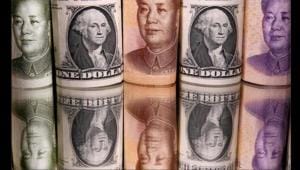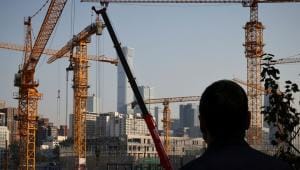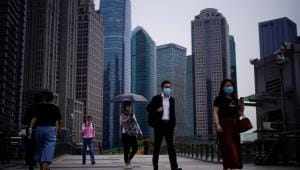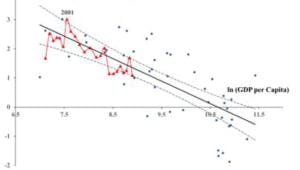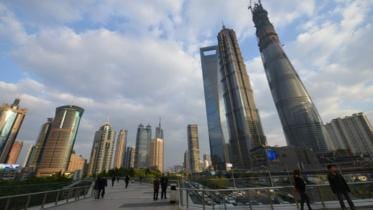The case for climate tariffs
As Australia heads toward a federal election on May 18, the national debate on cutting carbon dioxide emissions is heating up. Yet the discussion highlights the limits of what Australia or any other individual country can do to combat global warming.
12 May 2019, 18:00 PM
The reforms China needs
This year marks a decade since the global financial crisis erupted. For the United States, 2018 is very different from 2008.
12 November 2018, 18:00 PM
The economic case for China's Belt and Road
Since 2013, China has been pursuing its “Belt and Road” initiative, which aims to develop physical infrastructure and policy linkages connecting more than 60 countries across Asia, Europe, and Africa.
19 October 2017, 18:00 PM




